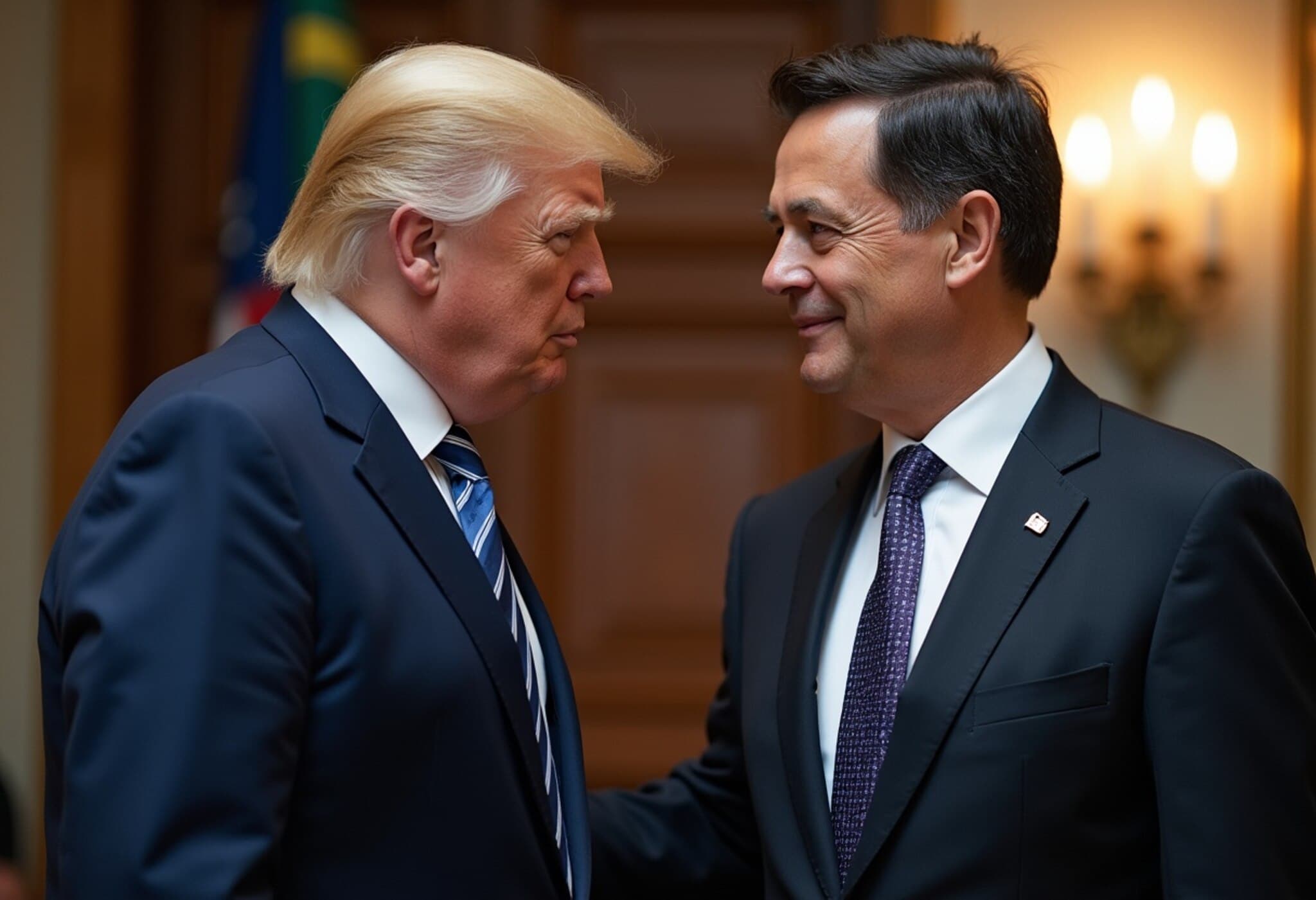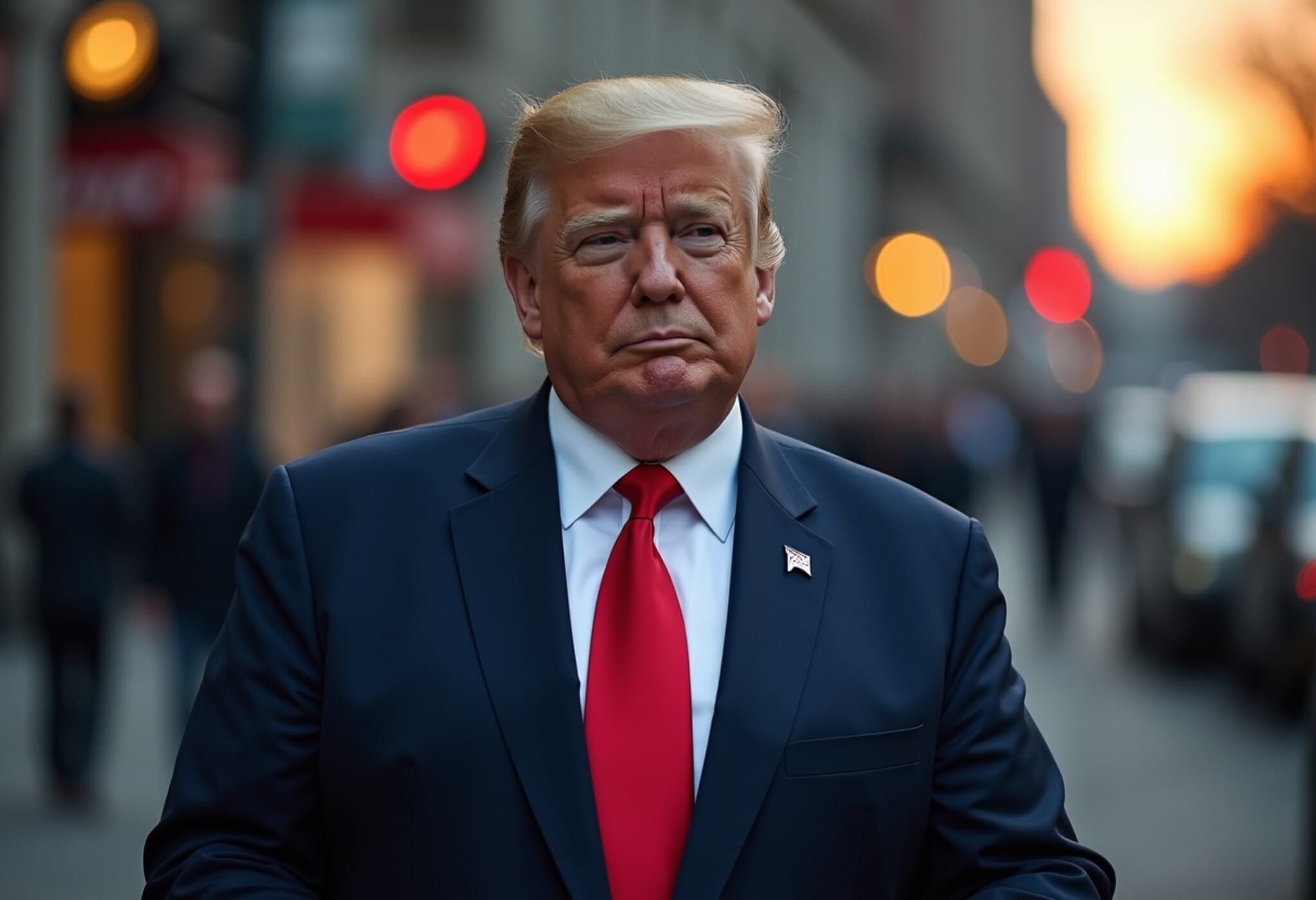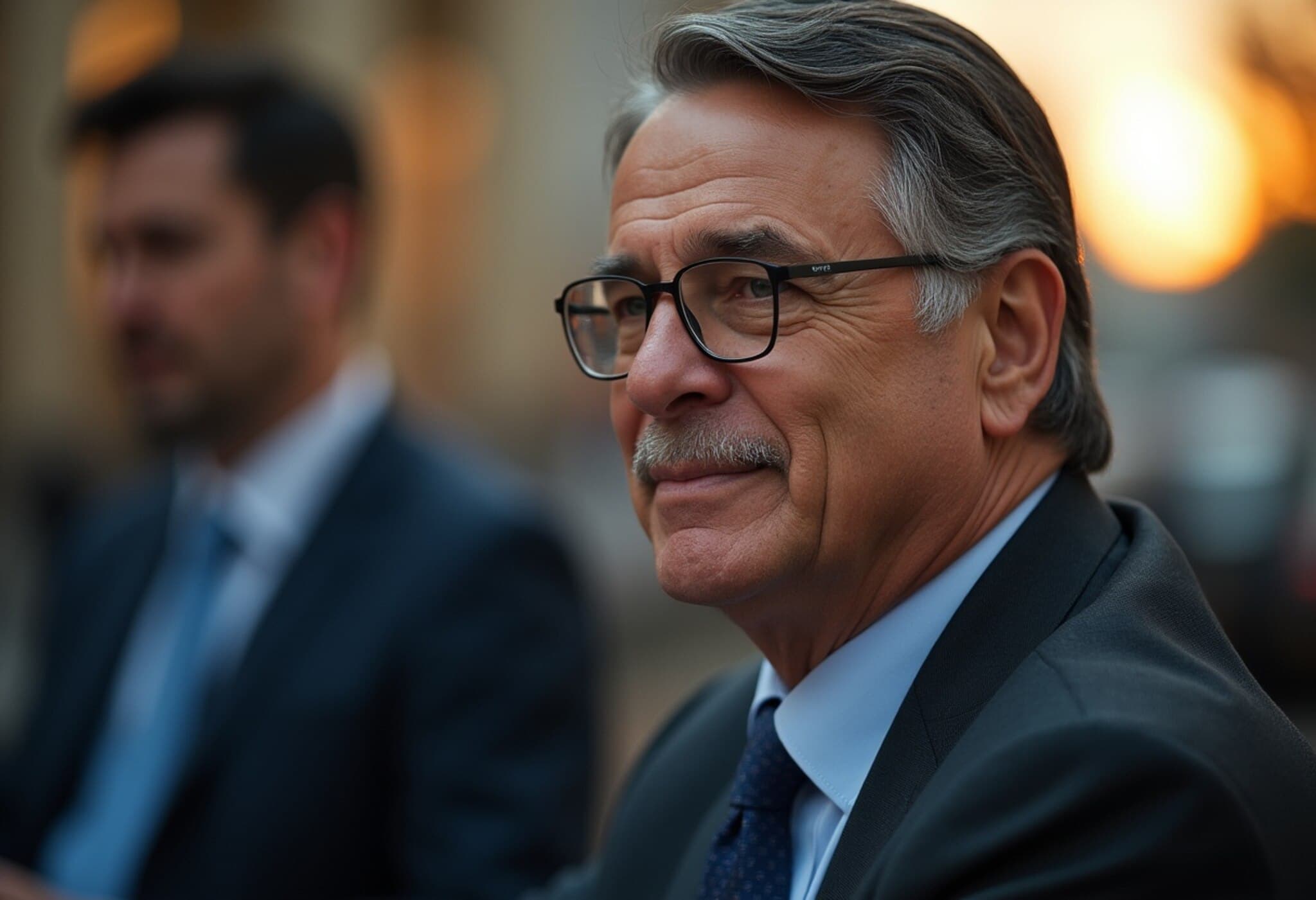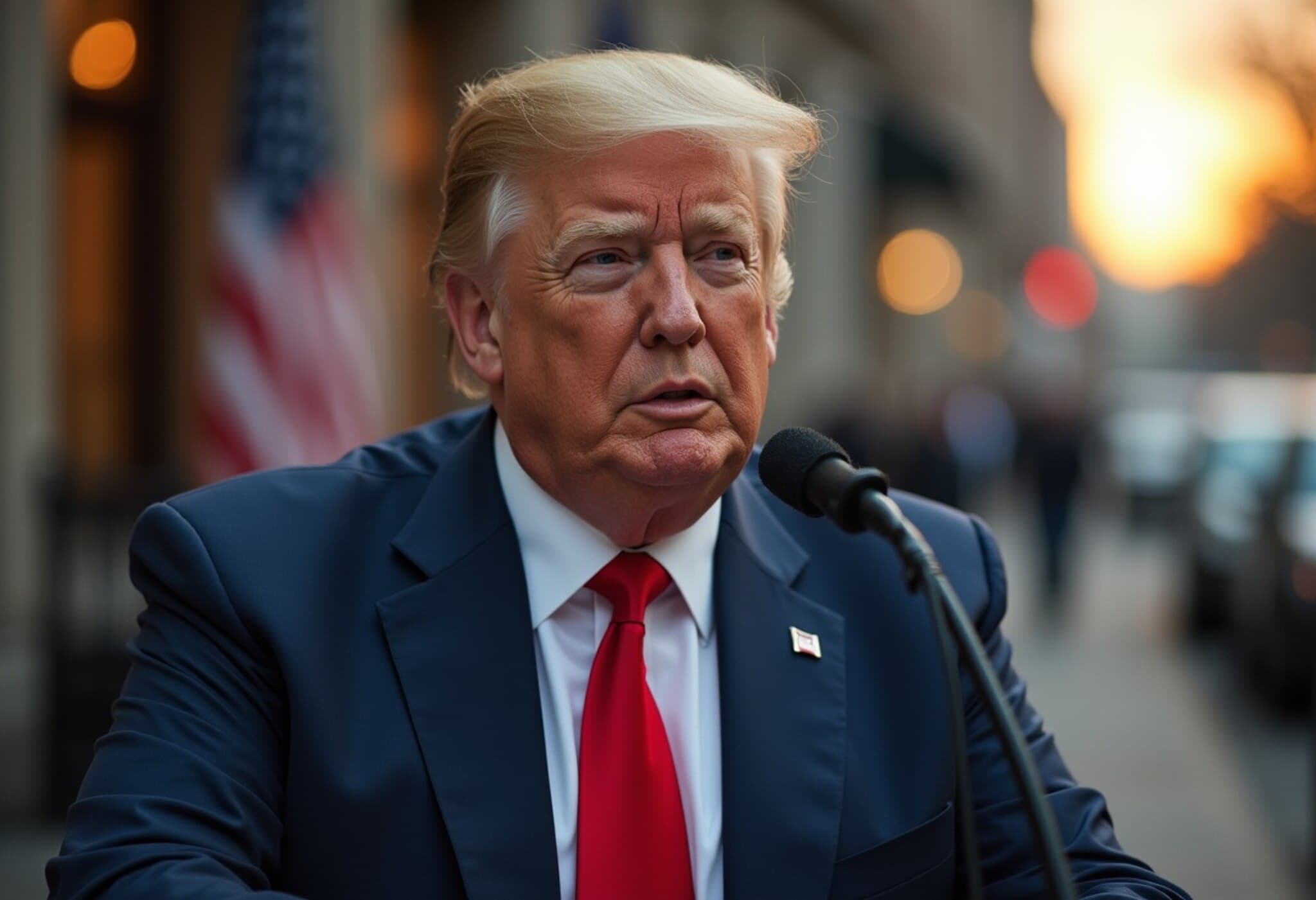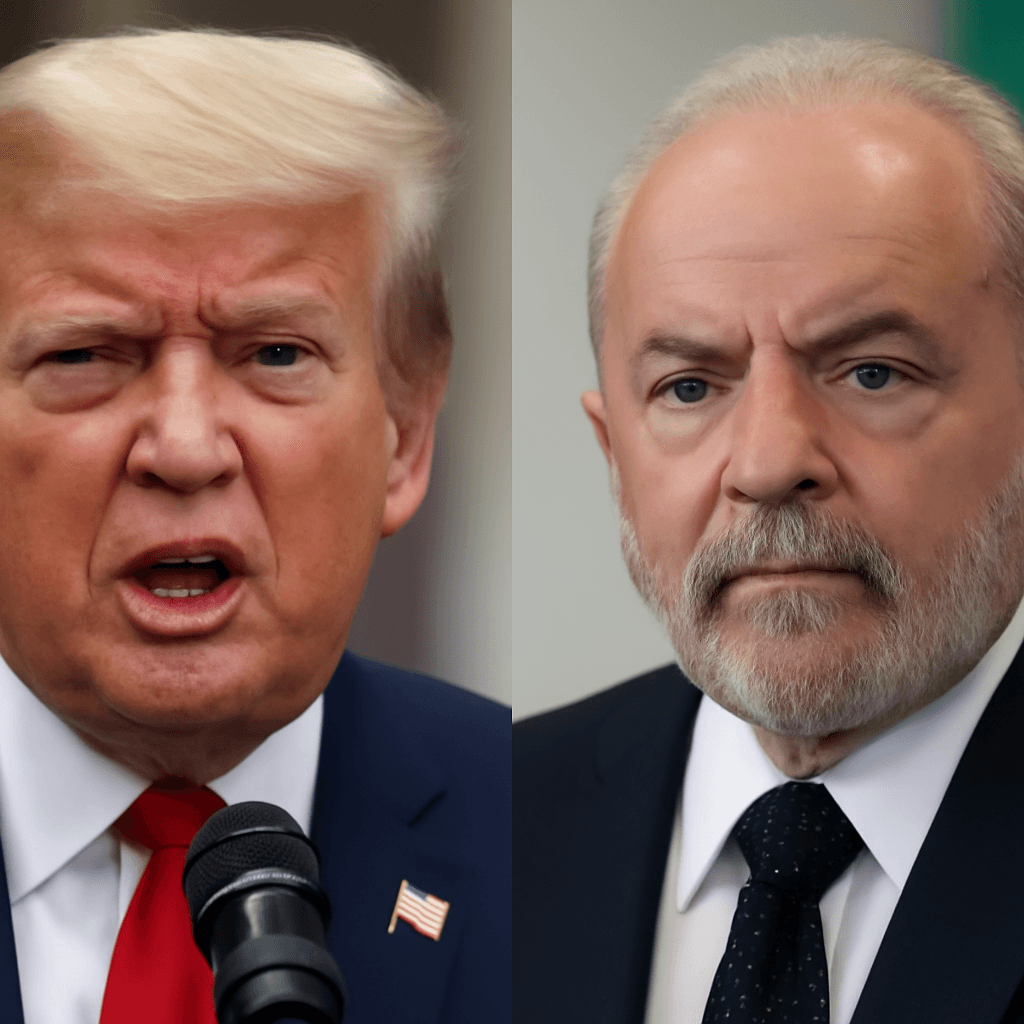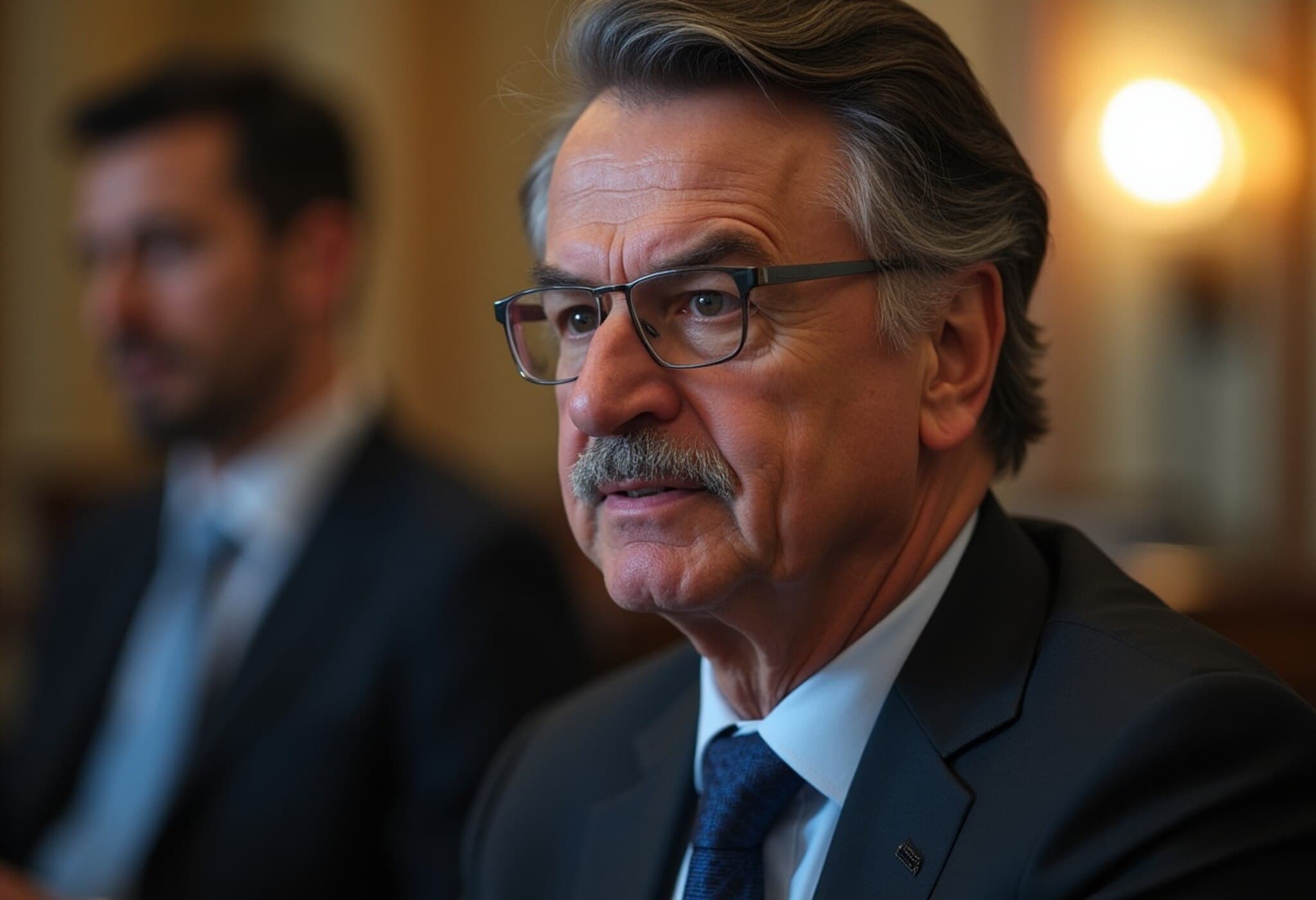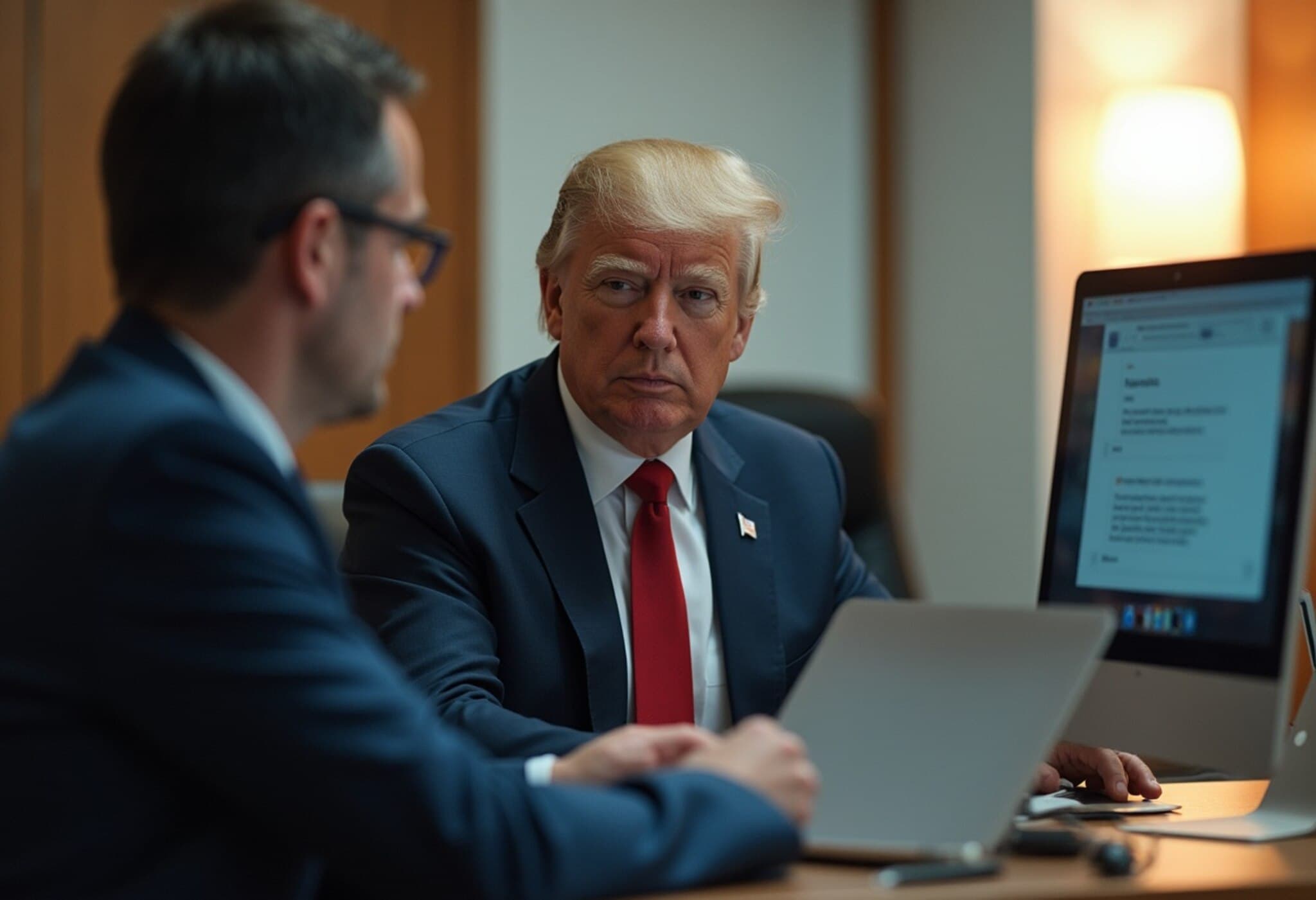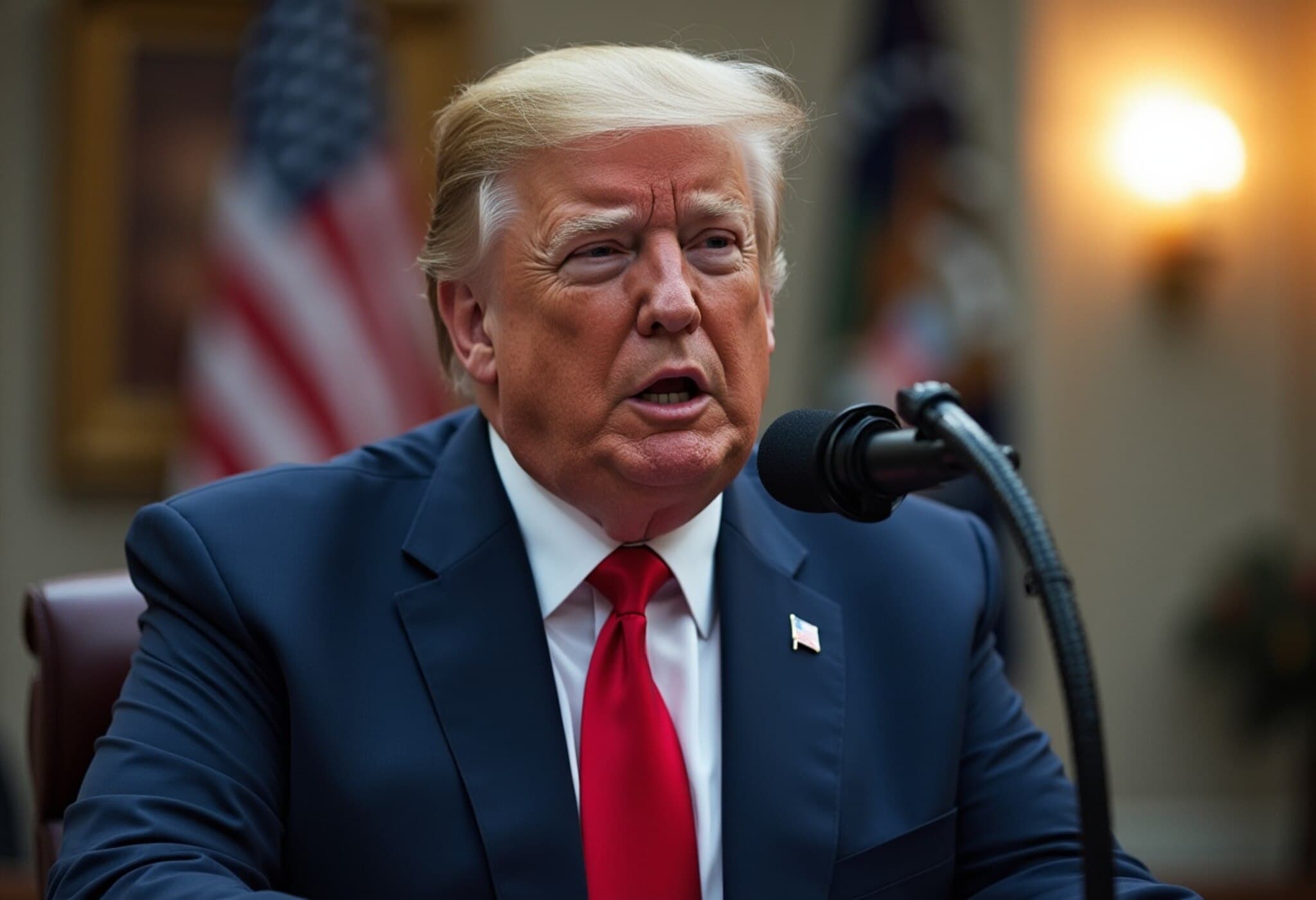Trump’s Tariff Surge Triggers Diplomatic Storm with Brazil
In a move shaking the foundations of US-Brazil relations, former President Donald Trump has slapped a sweeping 50% tariff on all Brazilian imports, igniting fierce retaliation vows from Brazilian President Luiz Inácio Lula da Silva. This aggressive trade barrier marks not just an economic maneuver but signals a volatile mix of politics, ideology, and national sovereignty battles. The timing — amid former Brazilian President Jair Bolsonaro’s controversial trial for alleged coup plotting — suggests the dispute goes far beyond mere trade numbers.
Political Underpinnings: Trump Defends Bolsonaro Amidst Legal Turmoil
Trump’s tariff imposition coincides with Bolsonaro facing charges in Brazil’s Supreme Court, accused of attempting to undermine the democratic electoral process. Going beyond trade rhetoric, Trump has vocally attacked the trial as a “witch hunt” and “international disgrace,” framing Bolsonaro as a victim of political persecution reminiscent of his own legal battles in the United States.
In a pointed letter to Lula, Trump warned against the trial’s continuation and threatened further trade consequences if Brazil retaliated. The rhetoric escalated tensions with Bolsonaro’s allies, including his son Eduardo Bolsonaro, who has relocated to the US and is actively lobbying against Brazil’s judiciary. These developments prompted investigations into whether such lobbying constitutes obstruction of justice, further complicating bilateral relations.
Brazil’s Sovereignty at Stake
Lula’s response underscored Brazil’s independent judicial system, firmly rejecting external interference. On social media, he emphasized, “Brazil is a sovereign nation with independent institutions and will not accept any form of tutelage.” Analysts interpret Trump’s linkage of trade punitive measures to judicial proceedings as primarily ideological — aimed at protecting a political ally rather than legitimate economic grievances.
Economic Logic — or Lack Thereof?
U.S. trade data reveals the paradox at the heart of the dispute: the US holds a consistent trade surplus with Brazil, amounting to nearly $284 million last year. Despite this, Trump referenced “national security” concerns, especially citing Brazilian copper imports as critical to defense infrastructure like semiconductors and missile systems, justifying tariffs under security grounds.
Meanwhile, Lula dismissed Washington’s trade deficit claims, citing official US statistics showing a multibillion-dollar surplus over the past 15 years. Economic experts highlight that Trump’s tariff approach diverges from traditional protectionism, reflecting political motives rather than pure economic calculations.
Brazilian Industry Calls for Calm and Reciprocity
- The São Paulo Federation of Industries urged measured responses, cautioning against escalating trade hostilities driven by political disagreements.
- Lula signaled readiness to invoke Brazil’s Economic Reciprocity Law, promising a strategic response to any unilateral tariff hikes.
- Trade flows remain significant, with Brazil exporting key commodities such as crude oil and steel, while importing machinery and fuel from the US.
BRICS Summit and Growing Global Tensions
Brazil’s recent hosting of the BRICS summit—comprising Brazil, Russia, India, China, and South Africa—added fuel to the growing geopolitical fire. The coalition criticized US tariff hikes and foreign policy stances, provoking Trump’s threat of additional tariffs on BRICS-aligned countries. Lula rebuffed any notion of US dominance, stating emphatically, “We don't want an emperor.” This underscores an emerging contest for global economic leadership and respect for national sovereignty.
Free Speech and Judicial Independence: A Contentious Dimension
Compounding diplomatic strains, Trump accused Brazil’s Supreme Court of imposing secret censorship orders on US-based media platforms. Recent court rulings have tightened social media regulations in Brazil, targeting platforms for content linked to misinformation, leading to blocked or suspended accounts including on X (formerly Twitter) and Rumble.
Critics argue these measures suppress free expression, while Lula and his administration defend judicial independence and caution against conflating legitimate law enforcement with censorship. This clash elucidates deeper questions about freedom of speech vs. regulating misinformation in the digital era.
Bolsonaro’s Enduring Influence on US-Brazil Relations
Despite being barred from future campaigns, Bolsonaro remains a central figure in this geopolitical saga. Both he and Trump affirm his political relevance, with the US embassy in Brasília framing the trial as a political persecution. The alignment highlights how individual political figures can still shape diplomatic dynamics long after their formal tenure.
Expert Insight: What This Means for the Americas
This episode reveals multifaceted tensions at the crossroads of trade, politics, and sovereignty in the Americas. For US policymakers and economists, it serves as a cautionary tale about the risks of mixing judicial interference with economic leverage. For Brazil, it underscores the delicate balancing act of maintaining sovereignty while managing strategic partnerships. Going forward, observers will be watching whether this dispute settles via diplomacy or escalates into sustained economic friction with broader geopolitical consequences.
Editor’s Note
The unfolding US-Brazil tariff conflict is not merely about imports and exports—it symbolizes the collision between national sovereignty, political alliances, and global economic power plays. As President Lula champions judicial independence against external pressures, and Trump interlaces trade policy with ideological solidarity, this story challenges us to consider:
- How far should economic tools be used to influence foreign judicial affairs?
- What are the consequences of politicizing trade for broader bilateral relations?
- In the emerging multipolar global order, how will such disputes reshape alliances and economic blocs?

